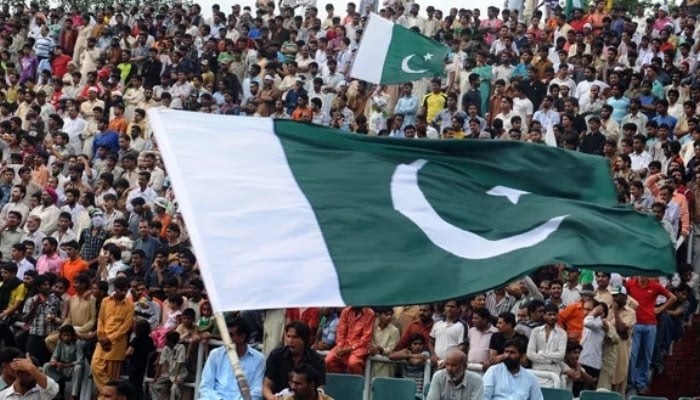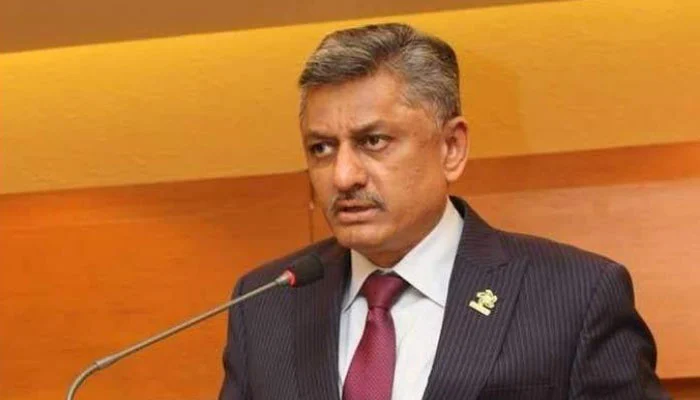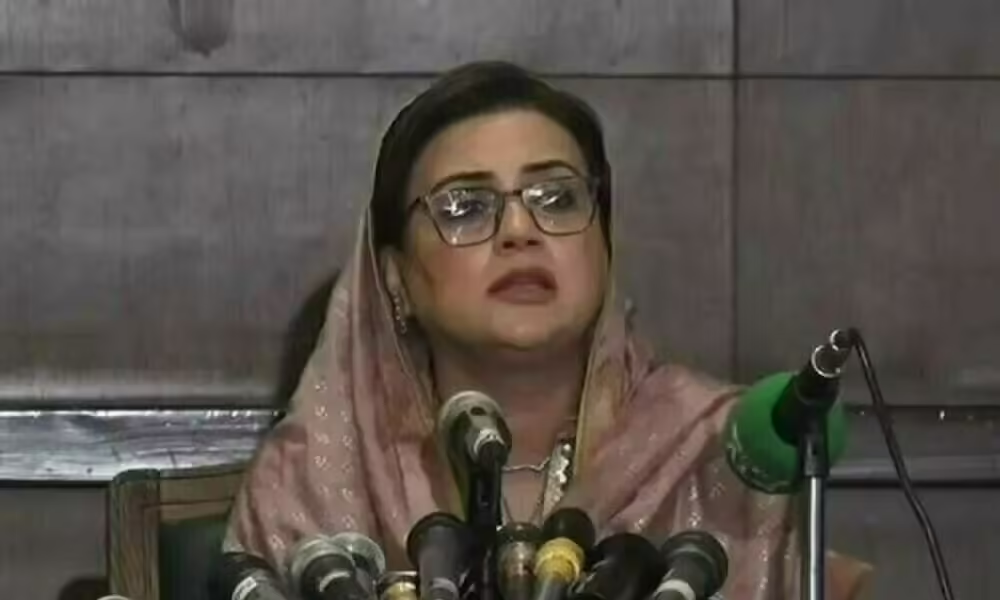In a powerful display of national unity, an overwhelming 93% of Pakistanis have pledged to defend their homeland to the last drop of blood, following renewed aggression by Indian forces across the Line of Control (LoC). The results come from a recent Gallup Pakistan survey, conducted in the aftermath of the deadly strikes that shook the region on the night of May 6 and 7.
According to Gallup Pakistan, this surge in patriotic sentiment reflects not only the people’s unwavering commitment to sovereignty but also a growing awareness of the serious risks posed by armed conflict in South Asia. While the majority of citizens stand ready to defend their country, the survey also reveals a compelling contrast: 72% of respondents still prefer peace over war, underscoring Pakistan’s complex but mature approach to regional tensions.
Indian Strikes Target Civilians in Azad Kashmir
The Gallup survey was conducted in the wake of Indian military strikes that targeted civilian areas in Muzaffarabad, Kotli, Bagh, Muridke, and Shakargarh—towns located in Pakistan-administered Azad Jammu and Kashmir (AJK). These unprovoked attacks resulted in the tragic deaths of 31 Pakistani civilians, with at least 57 others injured, including women and children. Local authorities described the strikes as “deliberate attacks on non-military targets,” labeling them a blatant violation of international humanitarian norms.
Residents in affected areas recounted horrific scenes of destruction. Entire neighborhoods were reduced to rubble, and emergency responders worked around the clock to rescue survivors from collapsed structures. Pakistan’s Ministry of Foreign Affairs condemned the attack, calling it an act of “state terrorism” and vowing to take the matter to the United Nations and other international platforms.
Pakistan’s Armed Forces Deliver Decisive Response
In a swift and measured counter-operation, Pakistan’s armed forces responded with force, targeting Indian military infrastructure along the LoC. According to a statement from the Inter-Services Public Relations (ISPR), Pakistan shot down five Indian aircraft, including three Rafale fighter jets, and destroyed multiple Indian check posts in the occupied Jammu and Kashmir region.
Pakistan does not seek war, but we are fully prepared to respond to aggression with full might, said DG ISPR Lt. Gen. Ahmed Sharif. The enemy must never underestimate our resolve or capabilities.
The Pakistani response was praised across the country as both timely and restrained, designed to neutralize threats without escalating the conflict unnecessarily. Social media erupted with hashtags like #DefendPakistan and #UnitedForKashmir, while political leaders from all parties issued statements of solidarity with the armed forces.
Survey Reveals National Mood: Patriots with a Desire for Peace
Amid the tension, the Gallup Pakistan survey painted a striking picture of public sentiment:
- 93% of Pakistanis declared their readiness to fight for their country, if necessary, against Indian aggression.
- 72% supported peaceful dialogue and diplomatic measures, warning that war would be disastrous for both nations.
- 27% of respondents favored a stronger retaliatory stance, stating that India’s actions warranted a “befitting response.”
These figures highlight a dual reality: while the Pakistani nation remains fiercely patriotic and resolute, there is also widespread recognition of the value of peace, diplomacy, and long-term regional stability.
A Nation Standing Together
From politicians to common citizens, the mood across Pakistan is one of unity, resilience, and moral clarity. Prime Minister Shehbaz Sharif condemned the Indian strikes as cowardly and criminal,and reiterated Pakistan’s commitment to peace, but emphasized that the country would not tolerate attacks on its civilians.
In Lahore, Karachi, Islamabad, and Peshawar, citizens held vigils for the victims of the attacks and expressed their support for the military. Religious scholars and civil society leaders echoed the need for both readiness and restraint.
Regional Implications and the Call for Global Intervention
The recent escalation has drawn international concern. Several humanitarian organizations and human rights watchdogs have urged both nations to de-escalate tensions. The United Nations Human Rights Council (UNHRC) has reportedly called for an independent investigation into the civilian casualties in Azad Kashmir.
Pakistan has formally requested the UN Secretary-General and the Organization of Islamic Cooperation (OIC) to intervene and hold India accountable for violations of international law.
A Crossroads for Peace and Patriotism
As Pakistan faces the dual challenge of confronting external aggression and maintaining internal unity, one message has become clear: the people are resolute, rational, and ready. While the trauma of conflict weighs heavily, the country’s collective voice champions both defense and dialogue.
Pakistan’s challenge now lies not just in resisting military threats, but in turning this moment of unity into a long-term commitment to justice, security, and peace in the region.



